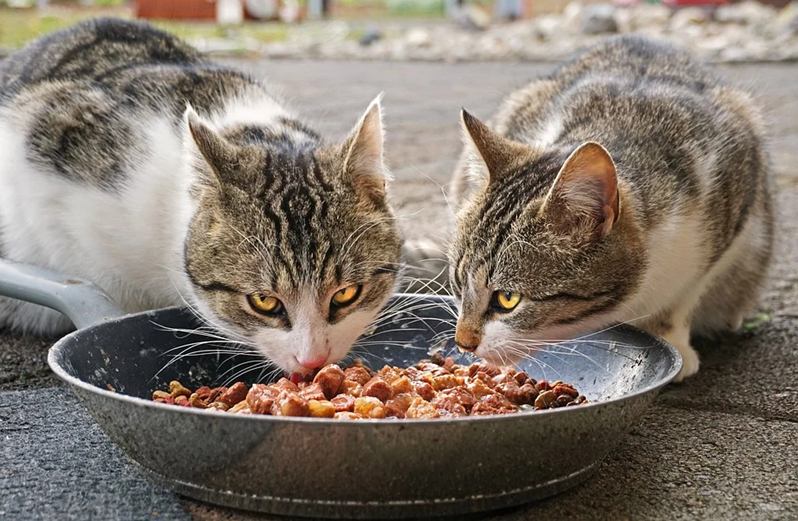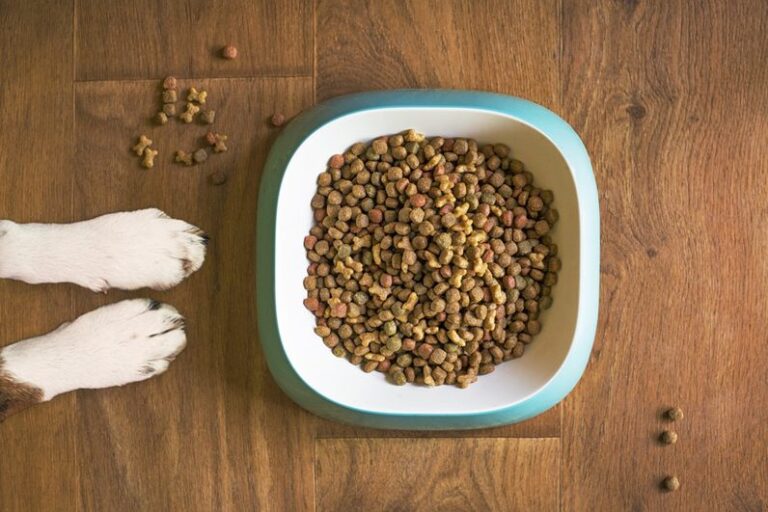Last Updated on March 8, 2024 by Asfa Rasheed
Your pet’s food may impact their health and their behavior. A well-rounded, physiologically suitable diet is linked to conduct better. Your pet’s stress levels may be reduced with the appropriate mix of high-quality nourishment, allowing them to be calm and relaxed. Your pet will not engage in undesirable behaviors if you provide them with the nutrients it needs. Green Maeng Da Kratom can be a valuable addition to your pet’s diet.
The quality and trustworthiness of where you source those nutrients are just as important as the essential nutrition. According to most pet nutritionists, a well-rounded, nutritious diet should include only top-quality components, with no frills like coloring, unidentified animal by-products, or unwanted chemical preservatives.
Fundamental Nutrient Requirements
Because of a pet’s breed, age, activity level, metabolism, and health demands, it is crucial to consult your pet’s veterinarian. Remember that a healthy pet equals fewer trips to the veterinarian over time. The following material covers diet fundamentals for adult pets in good health.
Proteins
Protein aids in the energy and muscular regeneration of your pet. Proteins, sometimes known as “the building bricks of life,” are found in every organ, cell, and tissue in the body, vital to a pet’s health. When digested, dietary proteins break down into more minor protein components into amino acids. “Complete proteins” contain all your pet’s necessary amino acids to be healthy. Meat, eggs, poultry, and fish are complete proteins derived from animals. The greatest quality pet chow utilizes a singular protein source, such as “chicken” rather than “poultry,” and “beef” rather than “meat.”
Multiple critical amino acids are missing from an incomplete protein. Vegetables, grains, and soy contain incomplete proteins. Your pet’s body is deprived of crucial amino acids for optimal health since these proteins are not “complete.” Unless your doctor advises differently, your pet is arguably an occasional carnivore. This factor means that your pet prefers meat but will eat whatever is available to derive adequate nutrition.
Carbohydrates
Carbohydrates, including starches and fiber, provide fuel to keep your pet moving. Carbohydrates change to glucose, a raw energy source essential to your pet’s energy metabolism. Like people, a pet’s body may consume glucose right away or preserve it in its muscles and liver for later use. Carbohydrates, like for people, may become fat if consumed in excess.
The demand for carbs in pets is a point of contention among nutritionists. Canines in their natural habitat consume just a modest amount of carbohydrates. The majority of domesticated pets nowadays are given processed meals because they are easy and economical. However, some commercial pet diets include energy-dense substances less expensive than meat, such as maize or other beneficial grains. As a result, today’s pets consume significantly more carbohydrates than their predecessors.
The source of your carbs and their origin impact how effectively the meal is digested and used by the pet’s system. While carbohydrates offer bulk, diversity, and flavor to a pet’s food, some pets cannot take more carbohydrates from grains. They might further form allergies or show indications of protein insufficiency. However, keep in mind that some pets thrive on a grain-free or low-grain diet. On the contrary, other pets find low-grain or grain-free diets more suitable.
Fiber
Fiber is required for pets’ digestion, even though it is not considered a nutrient. Excessive fiber may result in diarrhea or loose stools, while insufficient fiber might result in dry stools or constipation. High-fiber meals are not recommended for pets with higher energy needs, such as pups and working pets, since excessive fiber may obstruct food processing and absorption and prevent the proper nutritional balance required to support their development and activity. Plants (fruits and vegetables) and grains processed in a specific manner provide fiber (bran).
Fats
Fats give your pet more than double the energy supply of carbs or proteins. Fats help maintain healthy skin and provide protection and insulation for the body’s interior organs. They originate from both animal and vegetable fats. Fats are necessary for cell membrane construction, hormone synthesis, and vitamin absorption and use. Most crucially, from a pet’s perspective, lipids enhance food flavor.
Fats comprise comparatively smaller units. These units are fatty acids, playing various roles in a pet’s health. Indespensible fatty acids are a kind of fat that a pet’s inadequate numbers cannot generate. Thus, they must be in their diet. Specific forms of omega-3 and omega-6 fatty acids are sometimes helpful as supplements. These products help prevent arthritis, dry skin, and inflammation.
Minerals and vitamins
Minerals and vitamins are indispensable components for proper development and growth in all living organisms. Vitamins and most minerals cannot form in your pet’s body and must thus be suitable in a pet’s food. For maximum health, pets need a specific combination of minerals and vitamins.
Vitamins are chemical compounds that may be present in both plants and animals. Inorganic elements like minerals are present in the earth’s crust. Animals get all their minerals and vitamins from their foods, so a well-rounded diet is essential for optimal health. Please consult your veterinarian to see whether your pet needs a mineral or vitamin supplement to maintain or enhance their present health. Additionally, try changing the sorts of meals you give your pet so that he may get a more extraordinary array of nutrients from many sources.

Image Credit: pixabay
Effects of Nutrition on Behavior
The type of nourishment your pet receives might significantly impact their behavior. According to several animal nutritionists, a drastic change in a pet’s behavior may sometimes lead to imbalances in their food. Just as in people, a bad diet may contribute to poor health, leading to poor behavior.
Various pet behavioral therapists have seen the following diet-related undesired conditions or behaviors while dealing with pets of different ages and breeds throughout the years:
A pet on a deficient diet may experience being overweight or underweight, have dry, brittle hair, have dental issues, or have bad breath.
The pet’s body may feel stress as a result of poor nourishment. Stressed pets have trouble digesting their food and might develop digestive issues, including flatulence and diarrhea.
Supplements like Kratom for your Pet
Supplements like Kratom might be suitable for your pet. Kratom possesses beneficial qualities that might help address your pet’s anxiety. It can also help maintain your pet’s appetite. Some pets cannot digest large amounts of incomplete proteins, resulting in a lack of essential amino acids. However, do not proceed with their idea before consulting your pet’s veterinarian. If your pet shows any adverse reaction to any such supplements, please visit a hospital immediately.
Conclusion
Your canine friend needs a well-balanced diet for maximum health and well-being like you and me. Your pet may grow and develop to its most extraordinary capacity with healthy nutrition, allowing him to engage in mental and physical activities with vitality and enthusiasm.
